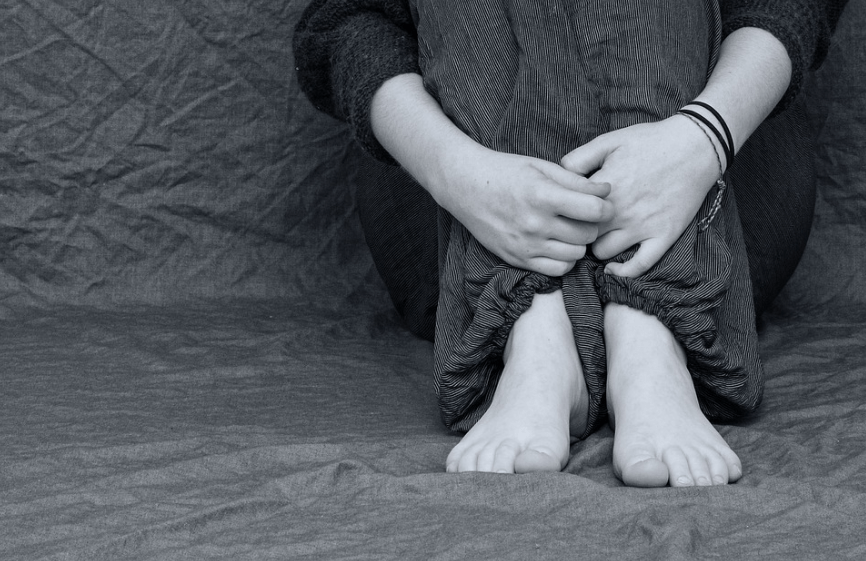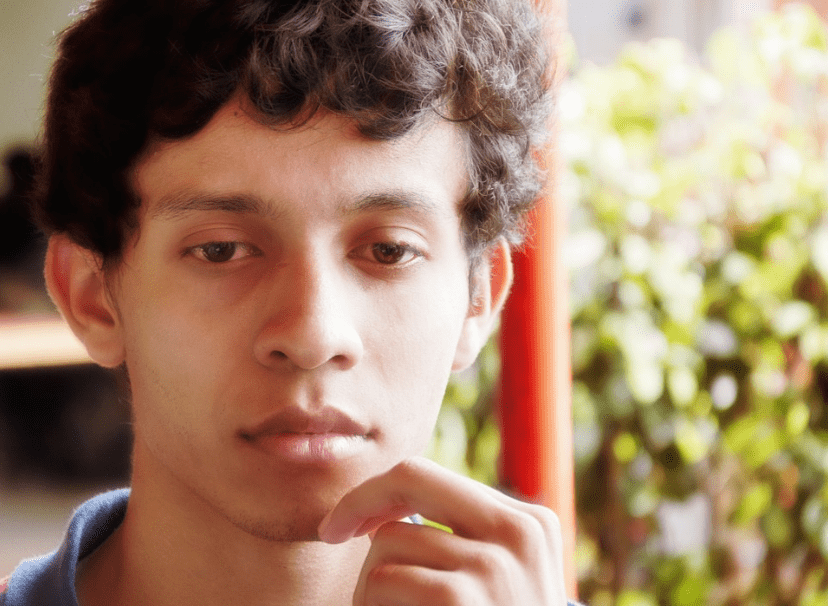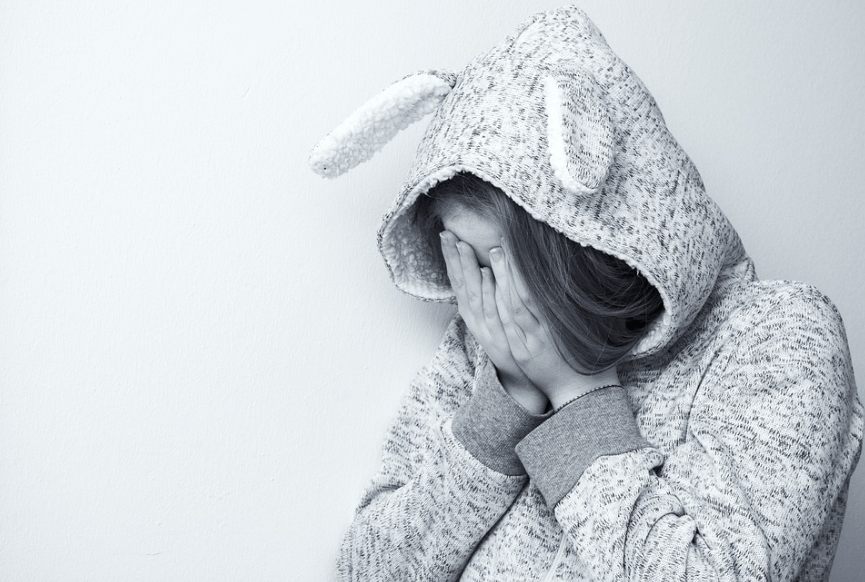Fears and self-doubts are normal in a human being. These feelings can be generated by stress. Being a single parent, for instance. After all, we are very complex as individuals that our emotions can sometimes get the better of us. But that doesn’t mean that we should always succumb to these emotions and feelings. Although it may be hard most of the time to fight these intense feelings of self-doubt and fears, there are ways to deal with these feelings when they attack you at any moment or get rid of them in the long run.
If you want to be the brave and confident individual behind those self-doubts and fears, then here are ways you can deal with self-doubts and fears.
Accept them
Yes, you read that right. The first step to dealing with self-doubts and fears is to accept them as parts of who you are. If these feelings have been with you and have been bothering you for a long time, chances are, you have constantly neglected these feelings and waiting for them to go away. However, that is not always the case. Self-doubts and fears thrive when we ignore them. The more that we don’t accept these feelings, the longer we will remain defenseless against them. So, starting right now, accept that you doubt yourself and you have fears. Accept them because you are human, and others have them, too. Only with true acceptance can you start dealing with them.
Examine your doubts and fears
Take a closer or inner look at yourself. Focus on what you feel. This is for you to identify the roots of your self-doubts and fears. To deal with an issue, you need to learn where it originates. So ask yourself? What makes me doubt myself? What makes me afraid of things I am scared of? Answer these questions with honesty and without self-judgment, and you can identify where your self-doubts and fears stem from. They can stem from childhood trauma, a negative experience, or anything that happened to you.
Once you have identified the origin of your self-doubts and fears, you can now better deal with them.
After doing so, you need to examine your doubts further. Are these doubts valid? Do they tell the truth about who you are? Or are they driven by overthinking, stress, or any other factors?
This is the stage where you doubt your doubts. This is very crucial since you are countering what your self-doubts are saying. If your mind tells you you cannot do a chore, ask yourself: Am I really not capable of doing this, or is it only my mind that says so?
Doubting your doubts is a powerful way of countering your self-doubts because these feelings only exist and thrive when you believe in them, but once you invalidate what your mind tells you, you can easily get out of your self-doubts.
Deal with triggers
Once you know the origins of your feelings of self-doubt and fears, you can easily know their triggers. Are your self-doubts triggered by being in a group? Do specific objects stimulate your fears?
Dealing with your triggers can mean two things. The first way to deal with your triggers is to face them. Facing your feelings of self-doubts and anxiety with now the knowledge of them can help you overcome them. Over time, you can develop a certain tolerance to these feelings until such time that they will no longer bother you.
The second way to deal with your triggers is to avoid them. This is the more peaceful way of preventing any feelings of self-doubts and fears occur to you. However, note that you cannot always avoid your triggers since some can appear at any moment without anticipation. Therefore, dealing with feelings of self-doubt and fears still requires both facing them and avoiding them.
Self-doubts and fears often get in the way of our lives. They become distractions that can affect work, productivity, time management, capabilities, and opportunities. For instance, an artist who doubts himself may stop doing art despite the beauty in his works. This is the debilitating effect of self-doubts. A kid, afraid of being in front of many people, may have missed his chance to audition for the play or participate in class despite the virtual setting. A person must overcome his or her self-doubts because only then can that person reach their potential.



